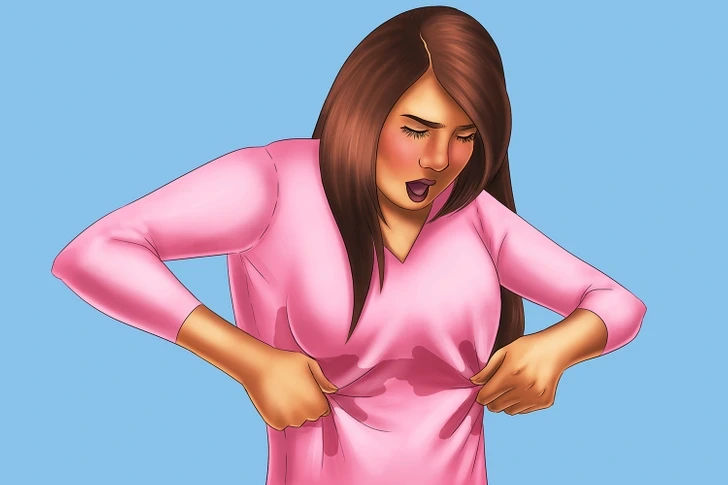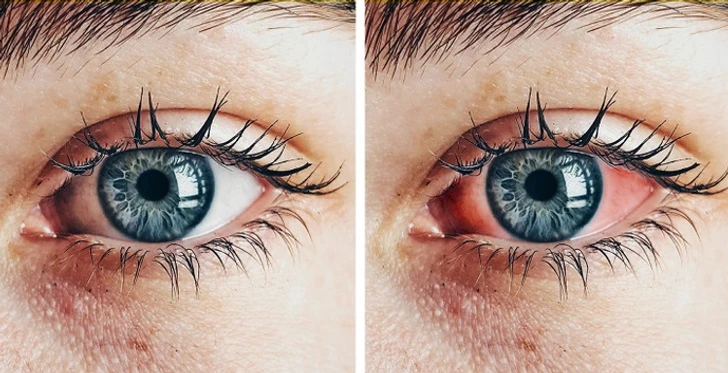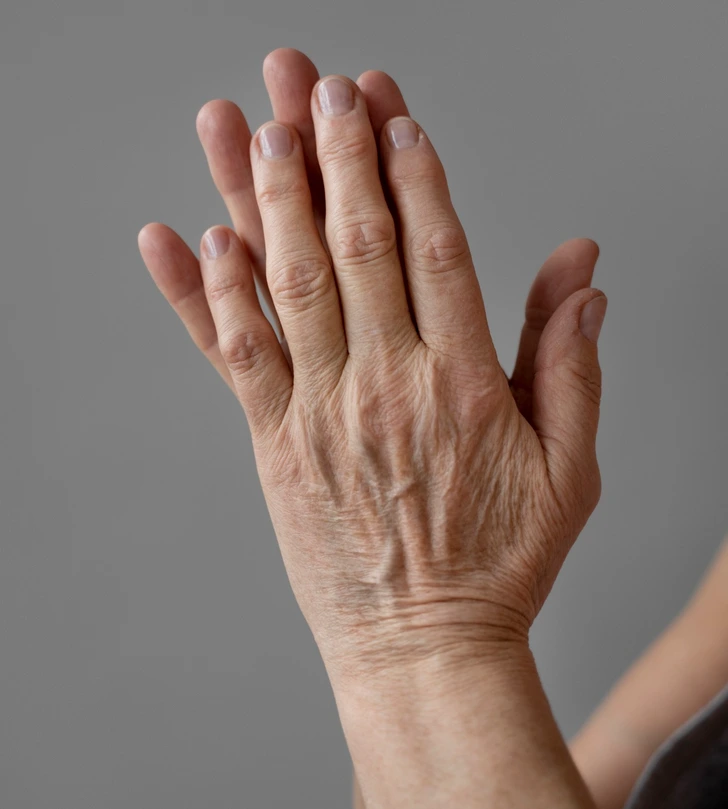Menopause is a natural transition that marks the end of a woman’s reproductive years, typically happening between ages 45 and 55. However, for some women, changes begin earlier during a phase known as perimenopause. This stage can sneak up with subtle symptoms that are often confused with stress, aging, or unrelated health issues. Recognizing these early signals can help you take control of your health and seek the right care before things escalate.
Let’s walk through 12 early indicators of menopause you should never ignore.
Irregular Menstrual Cycles Can Be the First Clue

One of the most noticeable early signs of menopause is changes in your menstrual cycle. As your hormone levels fluctuate, ovulation can become irregular. That means your period might show up earlier or later than usual, or even skip a month entirely. The flow might be lighter or heavier than normal, and the cycle could feel unpredictable.
These changes don’t happen overnight. Some women notice irregularities as early as their mid-thirties. Naomi Watts, for instance, has openly shared that she entered menopause at 36 due to specific medical factors. Others, like actress Halle Berry, experienced menopause later, around age 54. The point is, every woman’s timeline is unique.
Frequent Urination Might Be More Than a Bladder Issue
Hormonal shifts during menopause can affect the muscles of your pelvic floor and bladder. You may find yourself needing to urinate more frequently or feeling urgency even when your bladder isn’t full. Some women also experience mild incontinence or discomfort during urination without any infection present.
If this is something you’ve noticed, it could be a sign that estrogen levels are dropping and impacting the strength of tissues in that area.
Video: What Are the Signs and Symptoms of Menopause?
Burning Mouth Sensations May Have a Hormonal Link

Although it might sound surprising, some women going through perimenopause report a burning sensation in their mouth. This condition, often referred to as burning mouth syndrome, can also include dry mouth, altered taste, or a metallic flavor.
These symptoms are tied to hormonal changes, especially reduced estrogen. However, it’s worth noting that other factors like nutritional deficiencies, dental issues, or medication side effects could also play a role.
Hot Flashes and Night Sweats Are Classic but Unmistakable

One of the hallmark signs of menopause is hot flashes. These are sudden waves of heat, most commonly in the chest, neck, or face, often accompanied by sweating or chills. They can happen during the day or wake you up in the middle of the night—also known as night sweats.
These temperature swings are caused by your body’s reaction to fluctuating hormone levels and can disrupt sleep, focus, and daily comfort.
Mood Swings and Emotional Ups and Downs
It’s no secret that hormonal changes can affect mood. During perimenopause, many women experience irritability, anxiety, fatigue, or even bouts of sadness or depression. That’s because declining estrogen levels impact neurotransmitters in the brain, such as serotonin and dopamine, which play a big role in mood regulation.
If you’re feeling more emotional than usual, it might not just be a stressful week—it could be your body going through hormonal changes.
Sleep Troubles May Point to Hormonal Imbalance

If you’re having difficulty falling asleep, waking up frequently, or still feeling tired after a full night’s rest, it could be tied to menopause. Night sweats and anxiety often go hand in hand with insomnia during this stage of life.
Even if you’ve always been a solid sleeper, changing hormone levels can disrupt your rest in unexpected ways.
Forgetfulness or Brain Fog? It Happens More Than You Think

Many women going through menopause report feeling mentally foggy or forgetful. You might have trouble concentrating, remembering where you placed your keys, or following a conversation. This “brain fog” can feel frustrating, especially if you’ve never struggled with memory before.
While it might feel alarming, this symptom is fairly common and often improves with time and lifestyle adjustments.
Tingling or Crawling Sensations in Your Limbs
Video: 11 Signs of Pre-Menopause (Every Woman Over 40 Should Know)
Another lesser-known sign of menopause is tingling, prickling, or crawling sensations in the arms, legs, hands, or feet. This symptom, called formication, happens due to the effect of estrogen on nerve health. As levels drop, nerves can misfire or behave differently, leading to unusual skin sensations.
If you feel this regularly without any known injury or medical condition, it’s worth mentioning to your doctor.
Dry Eyes or Blurred Vision Can Be Tied to Hormone Shifts

Estrogen and other hormones help keep the eyes moist and comfortable. During menopause, the function of glands responsible for eye lubrication can decline. This can cause dry eyes, blurry vision, or irritation, especially when staring at screens or spending time in dry environments.
If your eyes suddenly feel different, don’t ignore the change—it could be hormonal.
Changes in Body Odor Are Possible

You might notice that your natural scent has changed. Lower estrogen levels can cause your sweat glands to become more active, and the change in sweat composition can attract bacteria more easily. This might result in a stronger or unfamiliar body odor, even if your hygiene habits haven’t changed.
If you feel self-conscious about this, you’re not alone—and simple lifestyle changes can help manage it.
Hair Thinning and Skin Dryness

A drop in estrogen can affect your hair and skin. Hair may become thinner or fall out more easily, especially around the crown or hairline. At the same time, your skin may feel drier, less elastic, or more prone to irritation.
You might also notice more facial hair while scalp hair decreases. These shifts are frustrating, but with the right skincare and haircare routines, many women are able to reduce their impact.
Digestive Issues That Don’t Seem to Have a Clear Cause
Estrogen helps regulate gut function, so a sudden increase in bloating, constipation, or sensitivity to foods may appear as your hormone levels change. If your usual diet suddenly doesn’t sit well with you, or if you’re experiencing gastrointestinal discomfort without explanation, perimenopause could be part of the reason.
Keeping a food journal and focusing on gut-friendly meals can help you pinpoint triggers and ease symptoms.
Conclusion
Menopause and perimenopause are deeply personal journeys, and the symptoms can look different for every woman. While some changes are expected with age, it’s important not to dismiss early warning signs that may point to hormonal shifts. Whether you’re dealing with mood swings, strange skin sensations, or disrupted sleep, paying attention to your body’s cues is key.
If you suspect you’re experiencing early menopause symptoms, don’t hesitate to talk to your doctor. Early intervention and the right support can make all the difference in navigating this next chapter with confidence and comfort.


